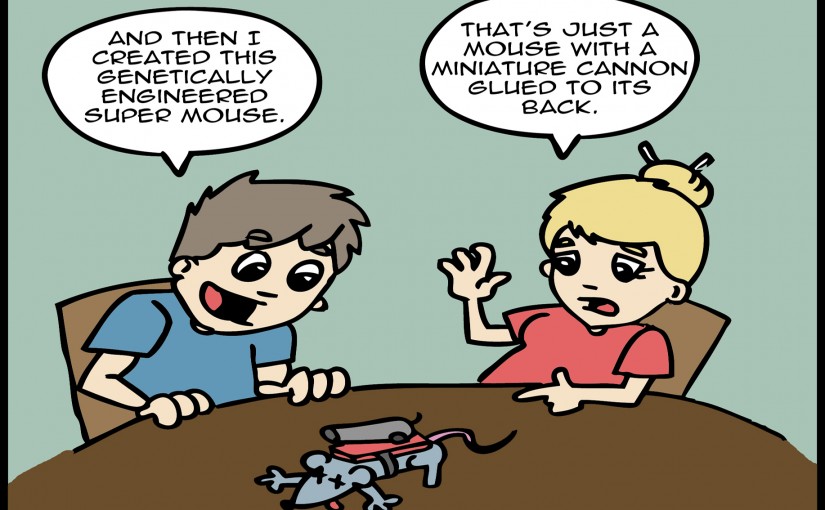Critically assess the strength of your data before you add it to your thesis. When you have spent ages doing a bit of research, it is tempting to add it to your thesis simply because otherwise it feels like you wasted the time. However, if it does not have the relevant controls or is in some other way inaccurate or irrelevant, then you will only waste more of your time by including it.
Your thesis is not the place to show how much work you’ve done. It is the place where you show off your best work.
Get Practical Tips- No one will congratulate you for the length of your thesis. If the work is poor or irrelevant your examiners will want to know why you included it. They may also insist work is redone or completed when its absence would not have been questioned.
- Only include work that is both relevant to your story and of high quality. Adding unnecessary data only increases the chances your examiners will find problems.
- Check the conclusions of your data. Always ask yourself if there is another interpretation.
Read Personal Perspective
I was overly enthusiastic about research and was always doing my own experiments, most of which never went anywhere. However, there were a few that I spent so long on that it was impossible to leave them out of my thesis.
As it turned out, this was a disaster. My examiners were not impressed as the data was not related to the rest of my work, did not contain all the necessary controls, and the error bars were large. They said my conclusions were unfounded and nearly made me do the experiments again, but decided that I should simply cut them from my thesis.
My advice is to remember that sometimes you waste time. Regard your bad analyses as a learning experience and don’t include them in your thesis – this will only waste more of your time.
